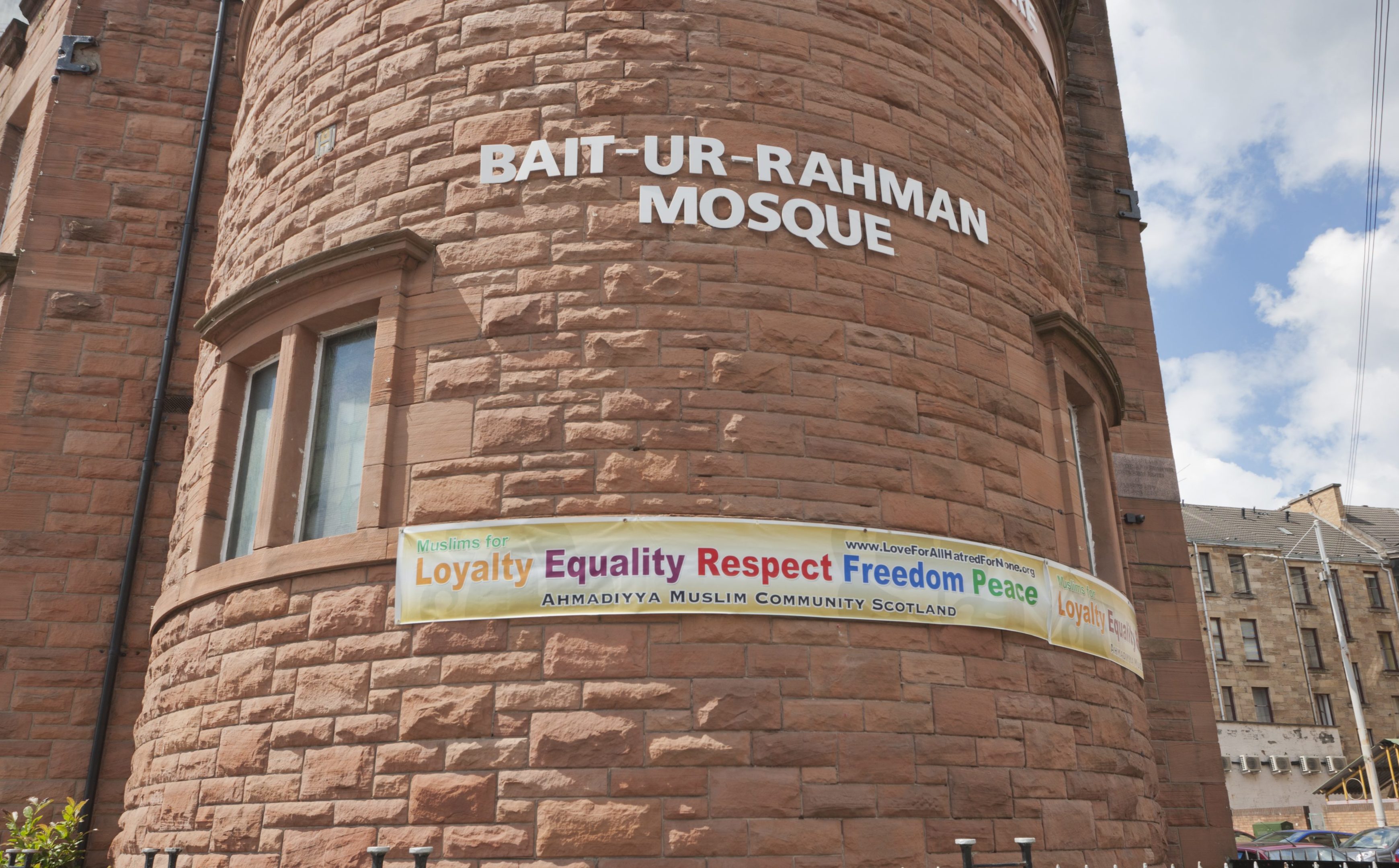
ISLAMOPHOBIA is discouraging many young Muslims in Scotland from engaging too visibly in politics, a new report has found.
Most participants in the study thought that a greater presence of Muslims in mainstream politics would be positive for society.
However, everyday Islamophobia, a suspicion of Muslim identities and negative media and political representations make engagement in politics “potentially challenging and intimidating”, the research found.
The study, carried out by academics at Newcastle University and the University of St Andrews, examined the ways that young Muslims in Scotland participate in politics, their political concerns and the barriers and challenges they encounter when engaging with political issues.
Researchers found that the majority of young Muslims in Scotland are actively engaged in politics and public life, driven by an interest in political issues at both a global and community level.
However, the research team found that everyday experiences of Islamophobia and racism made young Muslims anxious about participating in public life because they did not want to appear to be overly-politicised.
They also felt that the positive contributions of Muslims to Scottish society were rarely reported by the media and that this added to the biased image of them.
Peter Hopkins, Professor of Social Geography at Newcastle University and one of the report authors, said: “The political participation of young Muslims in Scotland is largely shaped by global political issues and their experiences of Scottish politics, such as the independence referendum and debates about nationalism. But Islamophobia and negative representation in the media is damaging their confidence to play a much more visible role in society.
“Political leaders should take the participation of young Muslims seriously as they are a politically engaged and interested group, whose resources could be drawn upon for the better of Scottish society.”
The study found that the political participation of young Muslims in Scotland is significantly shaped by Scottish politics, with many showing an interest in the possibility of Scottish independence.
But for many young people, there was a feeling that political parties did not communicate their policies to young people and, as a result, they found it difficult to know what the different parties stood for.
Co-author of the report, Dr Robin Finlay, from the School of Geography, Politics and Sociology at Newcastle University, said: “Many young Muslims in Scotland perceive Scottish nationalism as a more inclusive and civic form of nationalism, as opposed to the type of nationalist movements we’re seeing across Europe which are partly based on a divisive rejection of multiculturalism.
“Scottish nationalism is something that many young Muslims feel they can support as an ethnic minority as it offers a way to engage in mainstream politics.”
Thirty-nine people participated in the research, 34 of them aged 15-27 and five aged over 28.
Twenty men and 19 women took part, with most living in the Glasgow area.
The findings of the report are being presented to Tam Baillie, the Children and Young People’s Commissioner for Scotland, MSPs and representatives of young people’s groups on Wednesday.
The report, titled Muslim Youth And Political Participation In Scotland, was prepared as part of Freedom City 2017, a programme of events marking the 50th anniversary of Dr Martin Luther King Jr receiving an honorary degree at Newcastle University.

Enjoy the convenience of having The Sunday Post delivered as a digital ePaper straight to your smartphone, tablet or computer.
Subscribe for only £5.49 a month and enjoy all the benefits of the printed paper as a digital replica.
Subscribe